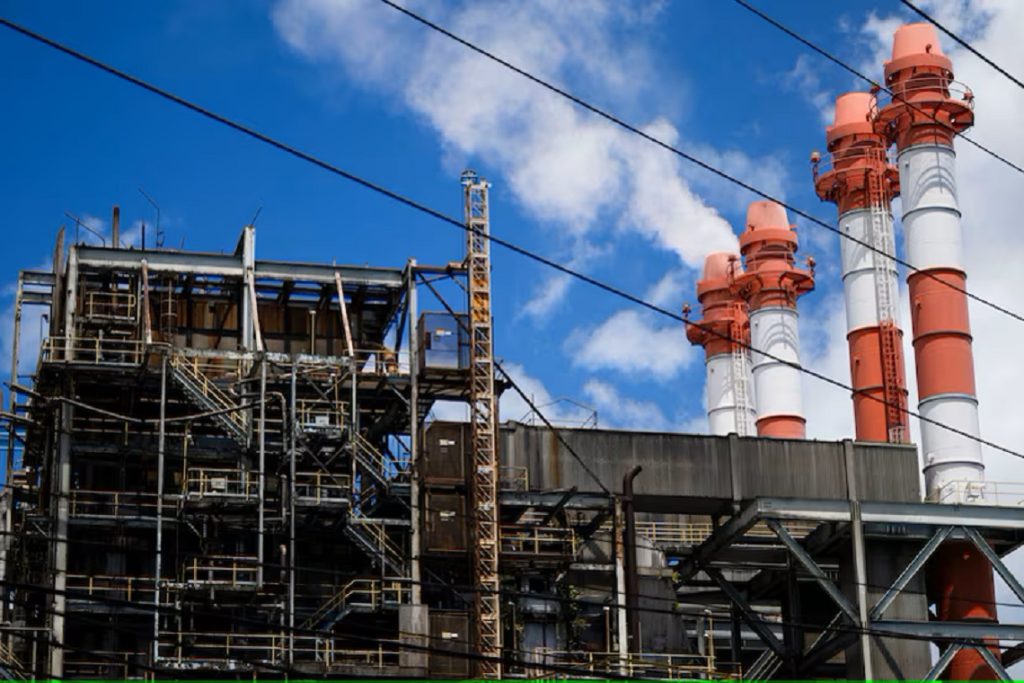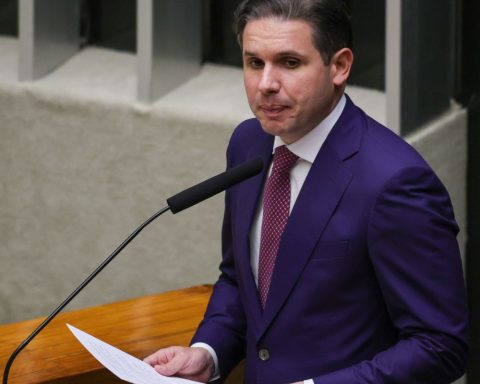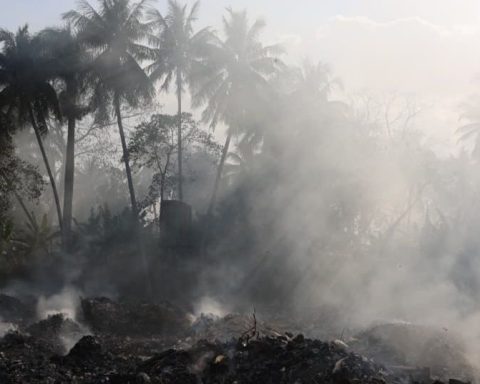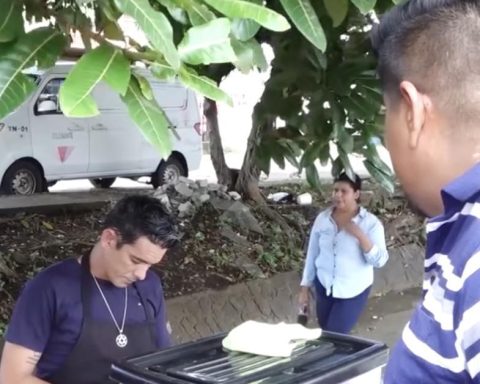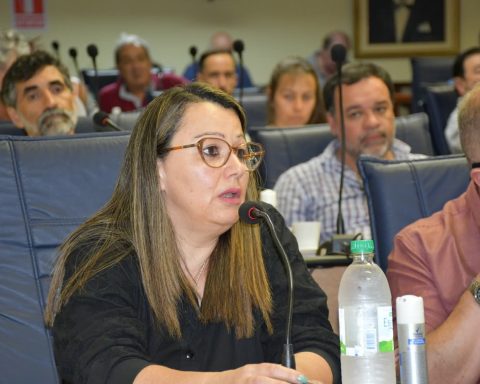Latin America’s youth faces a silent but growing threat on account of the reduction of resources in international cooperation programs; that could aggravate social gaps in the region, according to a new report presented by Ayuda in Action and the Economic Commission for Latin America and the Caribbean (ECLAC).
These experts warned that without a determined investment in education, training and employment Youth, the region could face an aggravation of its structural problems: unemployment, poverty, inequality and loss of social cohesion.
More information: What could the government do with the economic emergency for yellow fever
According to the study, for 2030 more than 70% of Latin American young people will work in the services sector, an area marked by precarious informality and working conditions and that the lack of adequate policies and the weakening of cooperation programs are generating a perfect storm, where millions of young people would be caught in poverty cycles or would be forced to migrate, often facing hostile policies in the countries of destination.
“The scenario was already worrying before the cuts. But now, with the fall in the funds for education and youth employment, we run the risk of a social crisis of great magnitude,” Alberto Casado, Director of Institutional Relations of Aid in Action warned.
Young people working.
Courtesy
One of the toughest blows would come from the cuts projected by the United States Agency for International Development (USAID), which in 2024 distributed more than US $ 36,000 million in global aid, of which almost US $ 2 billion allocated to Latin America. To this situation is added the fact that the region has ceased to be a priority for many European donors.
Countries like France, Germany and the United Kingdom have already announced cuts in their budgets of official development aid (AOD), prioritizing investment in defense before an increasingly unstable global context.
Other news: Petro will decree economic emergency due to yellow fever: Is Bogotá at risk?
In this panorama, organizations such as Help in Action make an urgent call to Europe and, especially, to Spain, to lead a renewed cooperation strategy with Latin America.
This organization made it clear that the approach must focus on training, youth and green and digital transition programs, not only to mitigate social risks, but also to take advantage of the potential of a young generation that could be key in the structural transformation of the region.

Poverty.
César Melgarejo – Portfolio
“We have to ask ourselves what we want for our youth and what policies we are willing to implement. It is time to build alliances based on shared values,” said Eva Granados, Secretary of State for International Cooperation of Spain, during the event “Training and youth employment in Latin America”, held at the headquarters of Parliament and the European Commission in Madrid.
For its part, Mariana Huepe, Economic Affairs of ECLAC and main author From the report, he emphasized that “investing in young people is the most intelligent for Latin America. They are the ones who can break the trap of low growth and high inequality, as long as they are given the necessary tools.”
Outstanding news: ‘It is a tax disguised’: they reject proposal to modify retefuente rates
The president of help in action, Rafael Dezcallar, stressed that employment and education have a proven transforming power: “We have seen how the sustained investment in these sectors can break poverty cycles if done with active participation of all actors and focus on the most vulnerable.”
The day also highlighted the importance of the next International Conference on Financing for Development, which will be held from June 30 to July 3 in Seville. There, governments, multilateral organizations and civil society are expected to define New commitments to sustain sustainable development in an increasingly challenging global environment.











